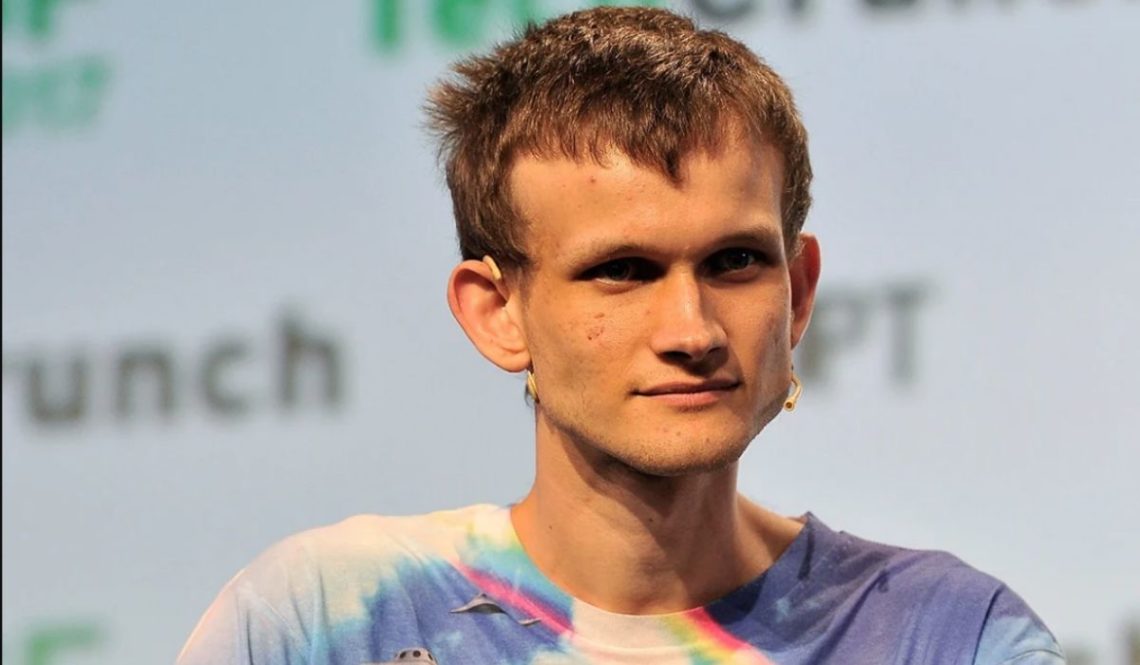Ethereum Co-Creator Vitalik Buterin Transfers $1 Million Worth of ETH to Coinbase
Donald Trump Possesses Crypto Holdings Valued Up to $500K
Coinbase's Highly Anticipated New Core Blockchain Attracts Modest $10M Inflows Upon Launch
As decentralized autonomous organizations (DAOs) gain popularity in the blockchain industry, the governance debate becomes more heated. Vitalik Buterin, the creator of Ethereum, highlighted the conflict between granting authority to a select few and the option to willingly delegate decision-making power in a conversation he started on Twitter.

Agreeing with the proverb "those who most want to rule people are those least suited to do it" and supporting DAOs being run by transferable governance tokens is a contradiction.
— vitalik.eth (@VitalikButerin) July 28, 2022
Transferable governance tokens are all about giving *more* power to "those who most want to rule".
Buterin mentioned an old proverb in a tweet that asserts that people who are power-hungry are unfit for leadership. The creator of Ethereum emphasized that the adage applies to DAOs and said that transferrable governance tokens in DAOs go counter to their entire purpose. Buterin pointed out that the ability to transfer power empowers those who seek it.
Well said. Consolidation of decision making is inevitable and expecting EVERYONE to participate is a pipe dream. Delegating decision power is voluntary, and no worse than not participating or making uninformed decisions
— Muki (@Muki_Sound) July 28, 2022
Although the Ethereum creator makes a good point, several people had opposing views. In response, Twitter user Muki noted that it is inevitable to assign decision-making authority to others. The community member argues that it is difficult to expect everyone to participate, and that voluntary delegation of decision-making authority is preferable than making hasty judgments or not participating at all.
Willyogo, a Twitter user who participated in the conversation, stated that possessing transferrable governance tokens does not imply a desire to dominate over others. The community member did add, though, that there is unquestionably potential for improvement in DAOs' voting procedures.
A second commenter on Twitter, Vagobond, said that having completely recallable delegates is a step in the right direction. According to this theory, the chosen delegates may quickly lose their power the moment they ceased to represent the people who gave them their votes.
Some referred to the usage of blockchain-based technology, such as choosing key roles in a DAO using verifiable randomization, while others focused on governance mechanics. Another member of the community recommended choosing token holders at random and rotating them once they stop being active on the blockchain.
Yes, the only way forward is with something like municipalism and 100% fully recallable delegates who can lose their authority they minute they don't represent those who give them that authority. The hard parts are a) implementing it b) not having it subverted
— VAGOBOND aka CD (@vagobond) July 28, 2022
Hilary Kivitz, an advisor to Web3, spoke about DAOs and how they might stave against hostile takeovers at the most recent Ethereum Community Conference in Paris. In order to reduce the influence of exploiters, Kivitz suggests that poison pills be inserted into smart contracts.
Meanwhile, Alex Tapscott stated that DAO developments are something to watch out for during the bear market in a recent interview with Cointelegraph. DAOs have the potential to take the place of conventional organizations in the management of resources, according to Tapscott.
=====















